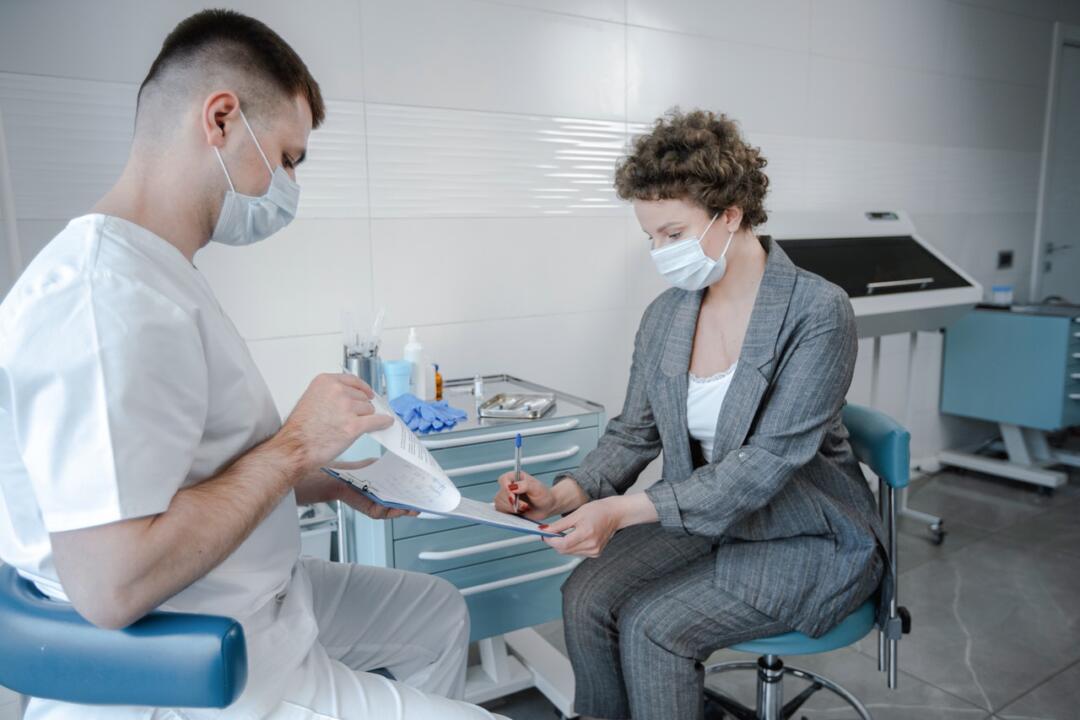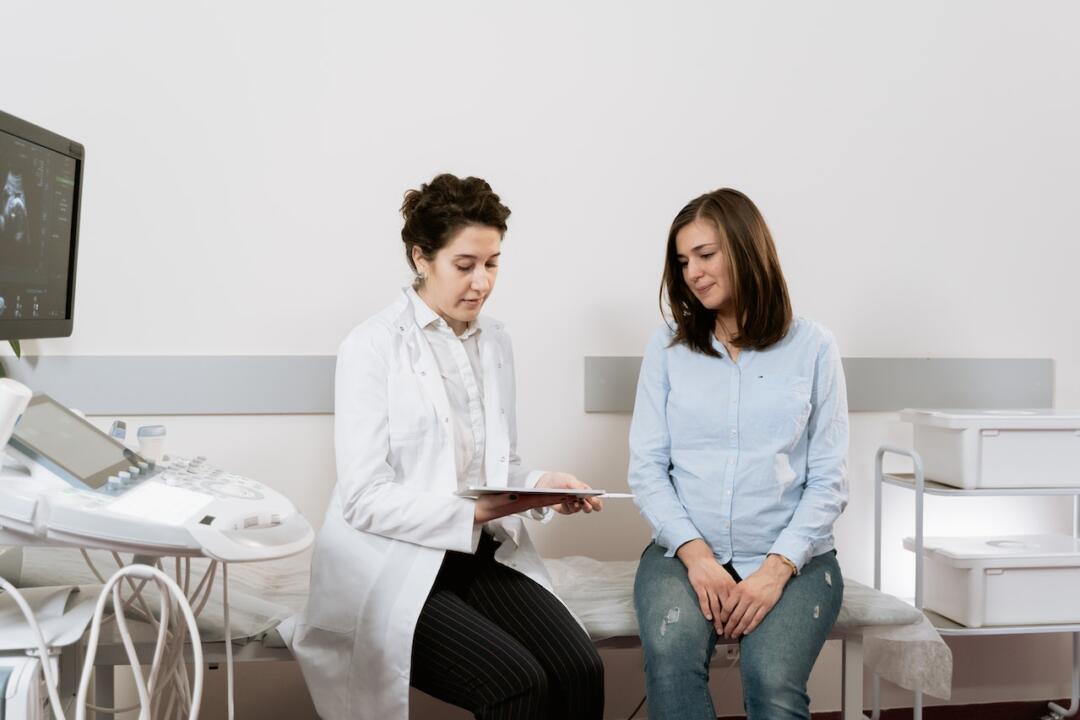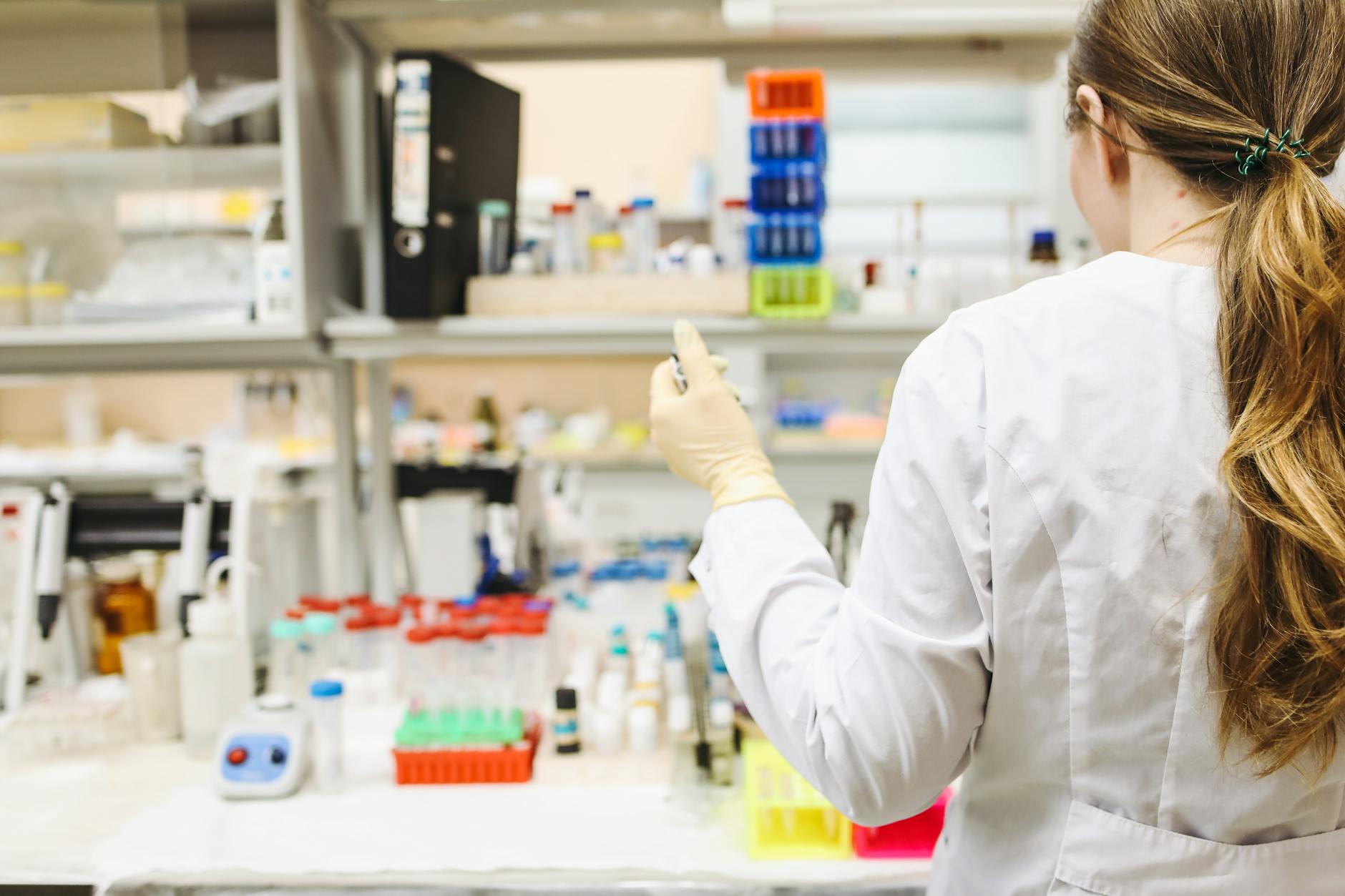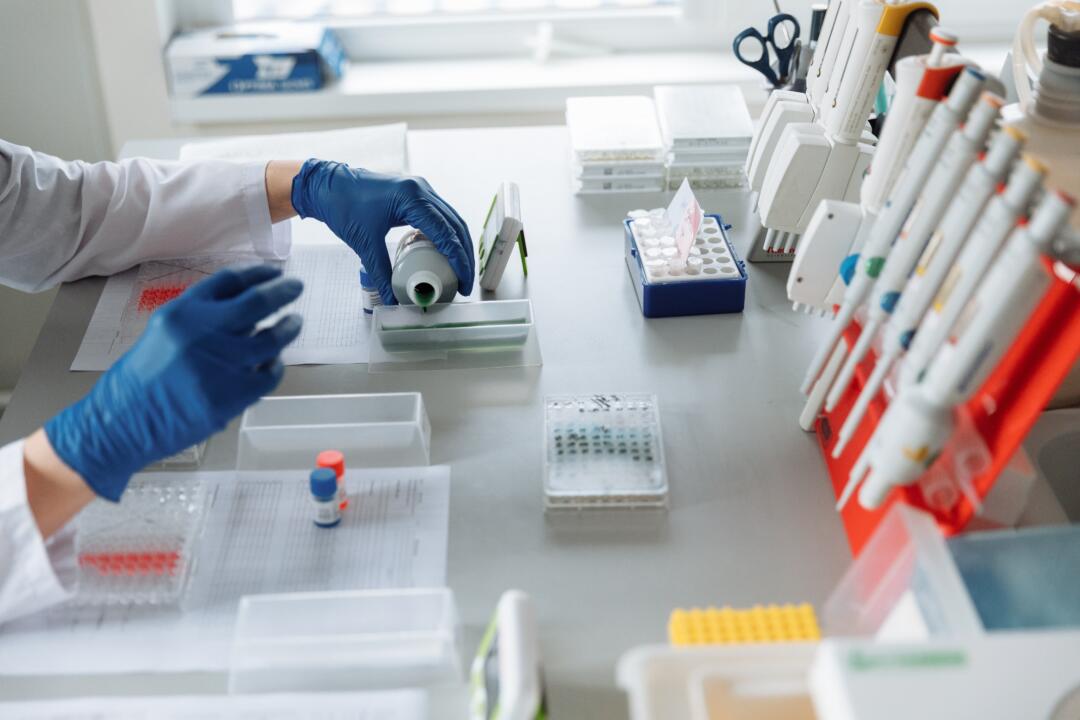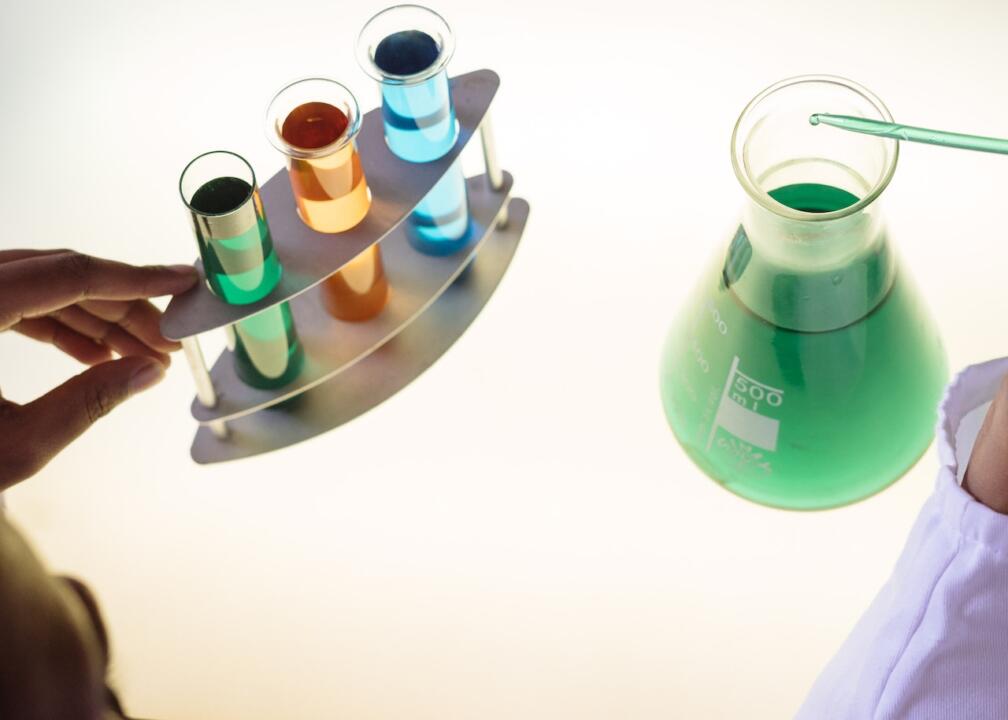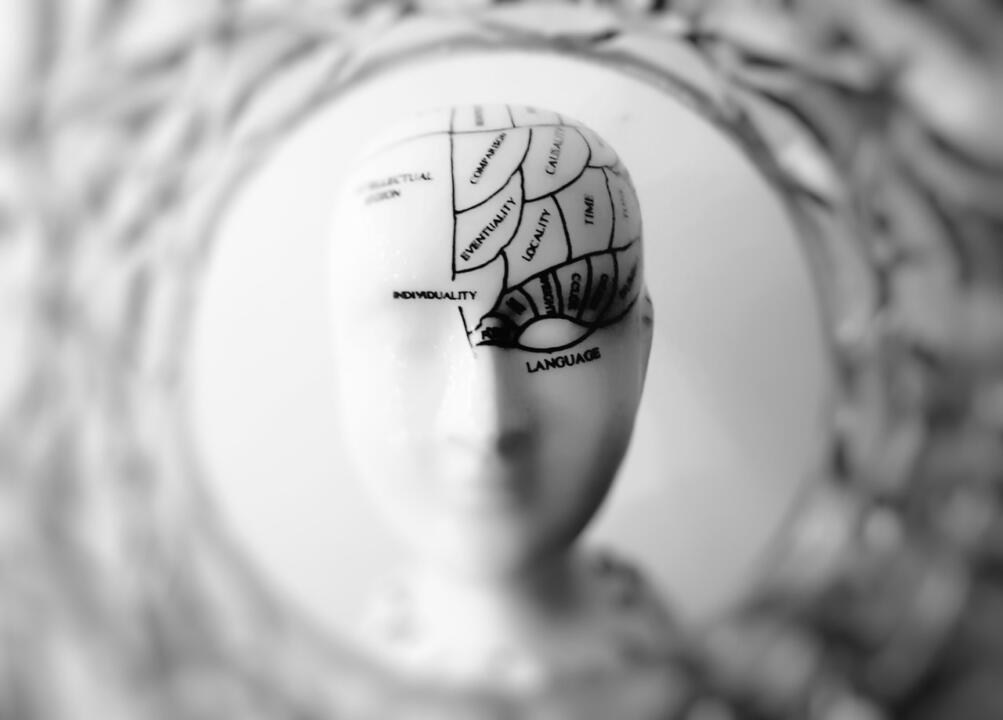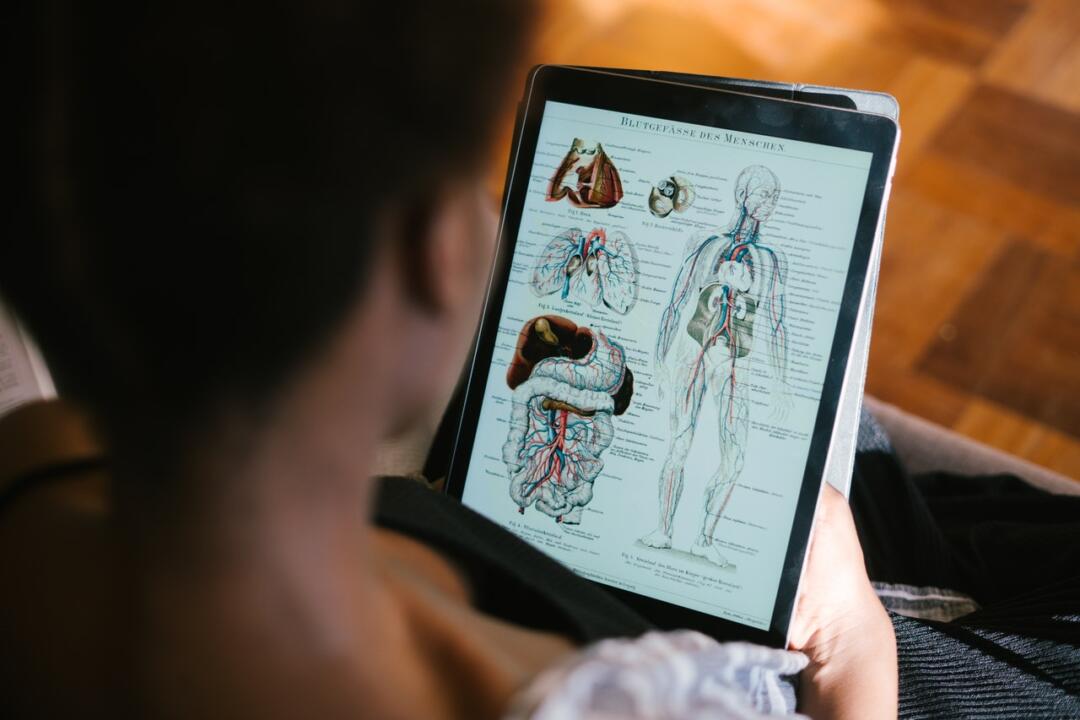Your cart is currently empty!
C2: Clinical Skills

Clinical Skills competency refers to the ability of medical professionals to perform a range of clinical procedures and techniques with precision, accuracy, and proficiency. These skills are a critical component of a healthcare provider’s training and practice, enabling them to diagnose, treat, and care for patients effectively. Clinical Skills encompass both technical abilities and interpersonal communication necessary for providing high-quality patient care. Some key aspects of Clinical Skills competency include:
- Physical Examination: The ability to perform a thorough and systematic physical examination of patients to assess their overall health and identify specific signs of illness or abnormalities.
- History Taking: The skill of obtaining a comprehensive medical history from patients, including past medical conditions, current symptoms, family history, and social factors, which assists in making accurate diagnoses and treatment plans.
- Diagnostic Procedures: Proficiency in performing and interpreting diagnostic tests and procedures, such as blood tests, imaging studies, biopsies, and other laboratory investigations, to aid in the diagnosis and monitoring of medical conditions.
- Procedural Skills: Competence in various medical procedures, such as suturing wounds, inserting intravenous (IV) lines, performing intubation, conducting minor surgical procedures, and administering injections or vaccinations.
- Communication Skills: Effective communication with patients, their families, and healthcare colleagues is crucial in explaining medical conditions, and treatment options, and managing expectations. Empathy and active listening are integral to fostering strong patient-doctor relationships.
- Clinical Reasoning: The ability to analyze clinical data, integrate medical knowledge, and synthesize information to arrive at accurate diagnoses and develop evidence-based treatment plans.
- Patient Education: The capability to provide patients with clear and understandable information about their medical condition, treatment procedures, and lifestyle modifications, empowering them to actively participate in their care.
- Infection Control and Safety: Adherence to infection control protocols and maintaining a safe clinical environment to prevent the spread of infections and ensure patient safety.
- Interprofessional Collaboration: The aptitude to work collaboratively with other healthcare professionals, such as nurses, pharmacists, therapists, and technicians, to optimize patient care and outcomes.
- Continuous Learning: A commitment to lifelong learning and staying updated with advances in medical knowledge, new technologies, and evolving best practices in healthcare.
Clinical Skills competency is continuously developed throughout medical education, including in clinical rotations, clerkships, and residencies. Practicing and refining these skills is essential for healthcare providers to deliver competent and compassionate care to patients, ensuring better health outcomes and patient satisfaction.
Discover more from mymedschool.org
Subscribe to get the latest posts sent to your email.

